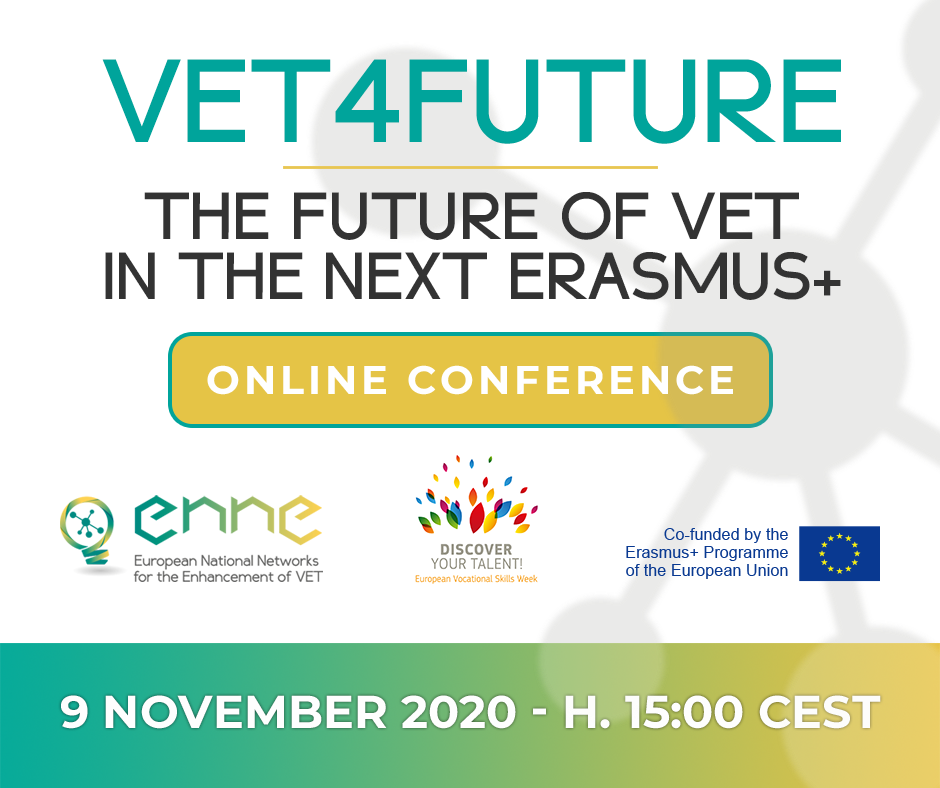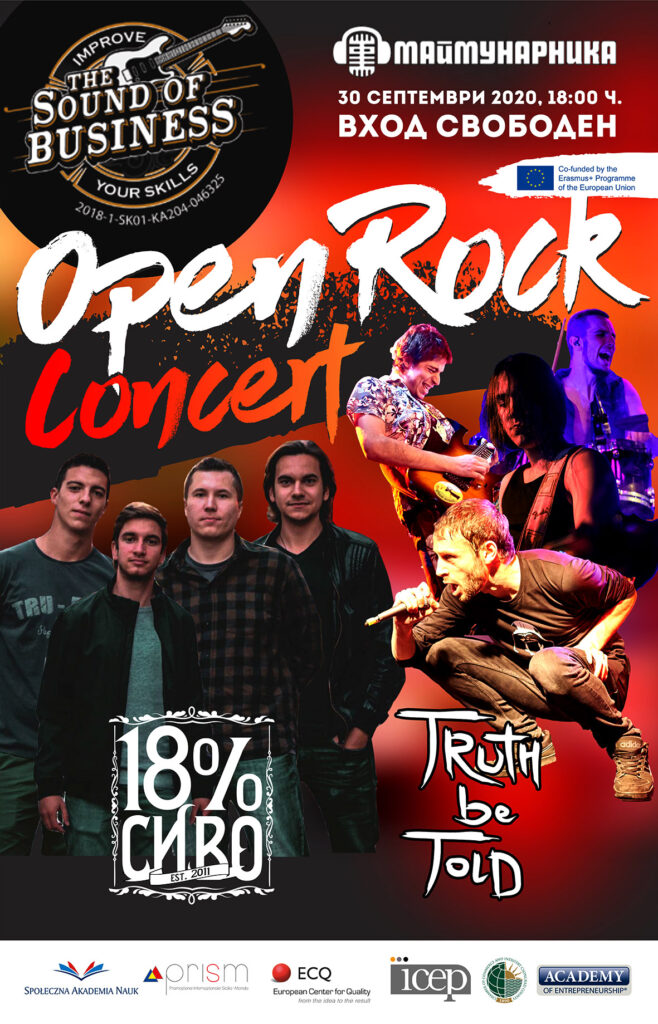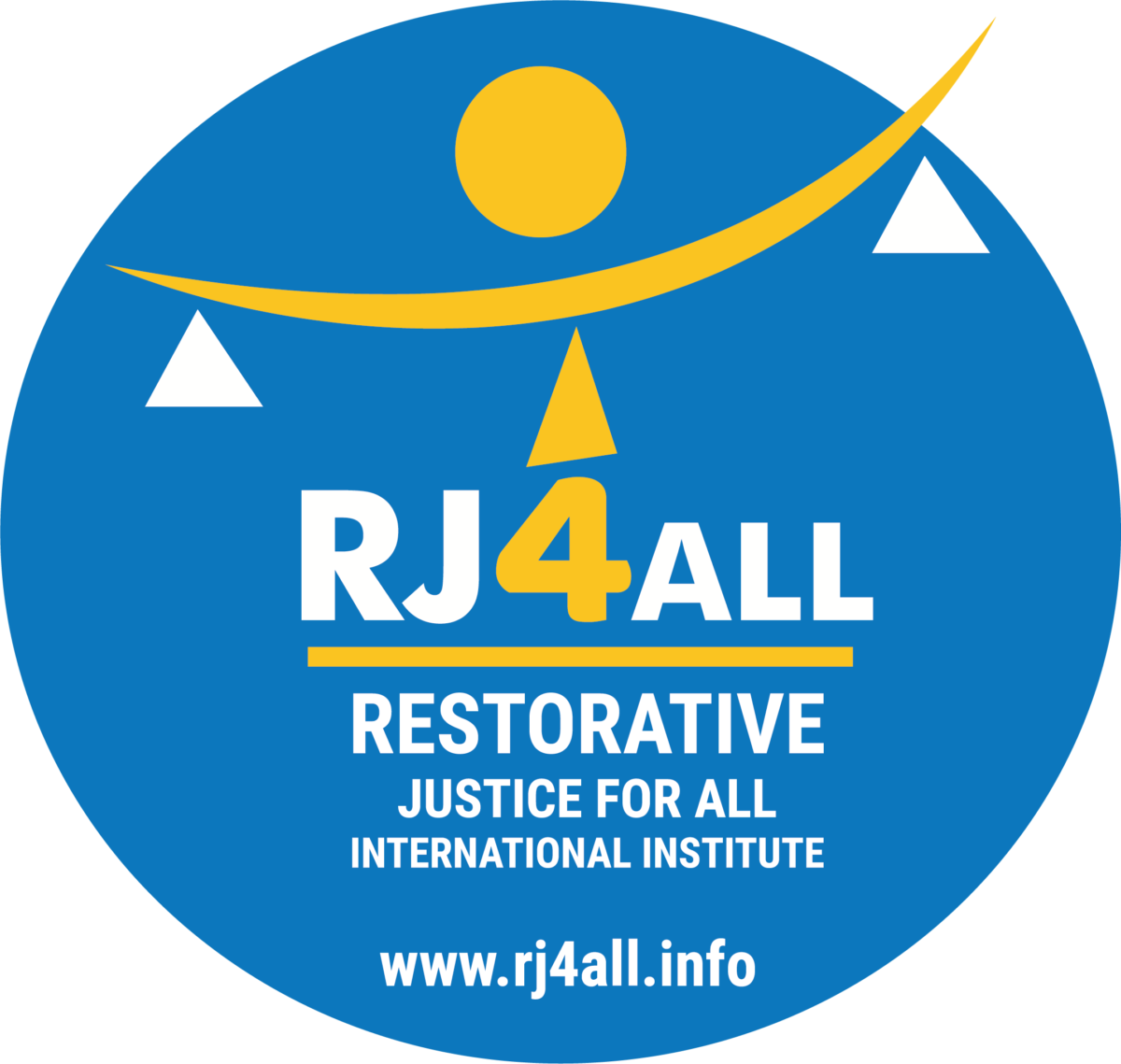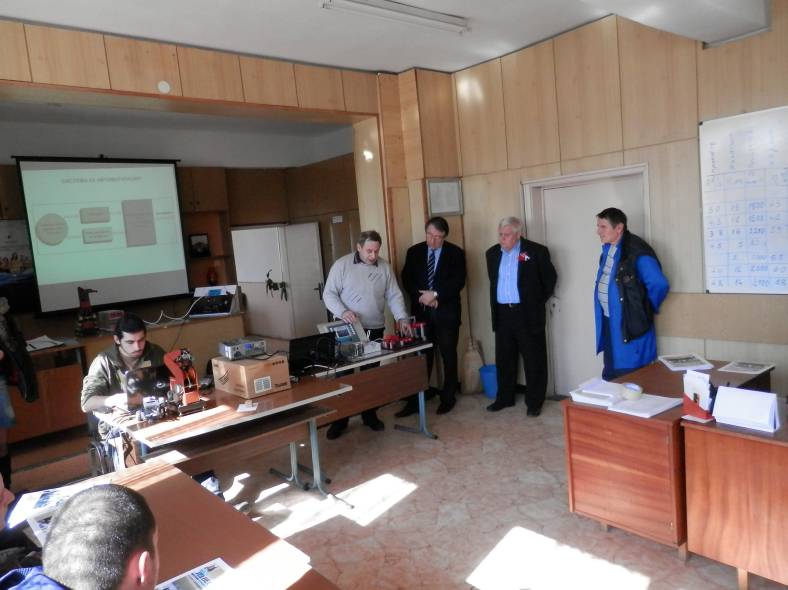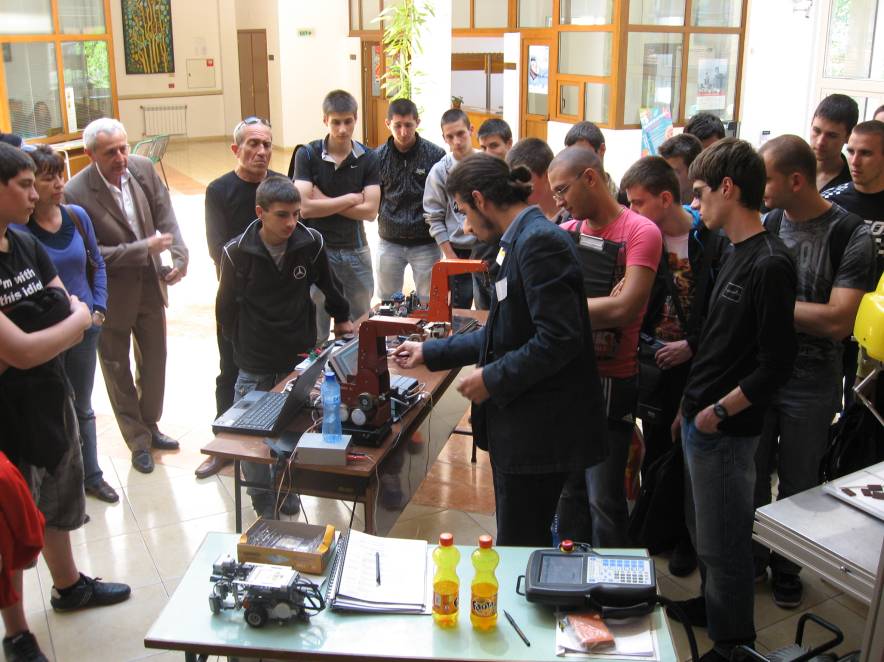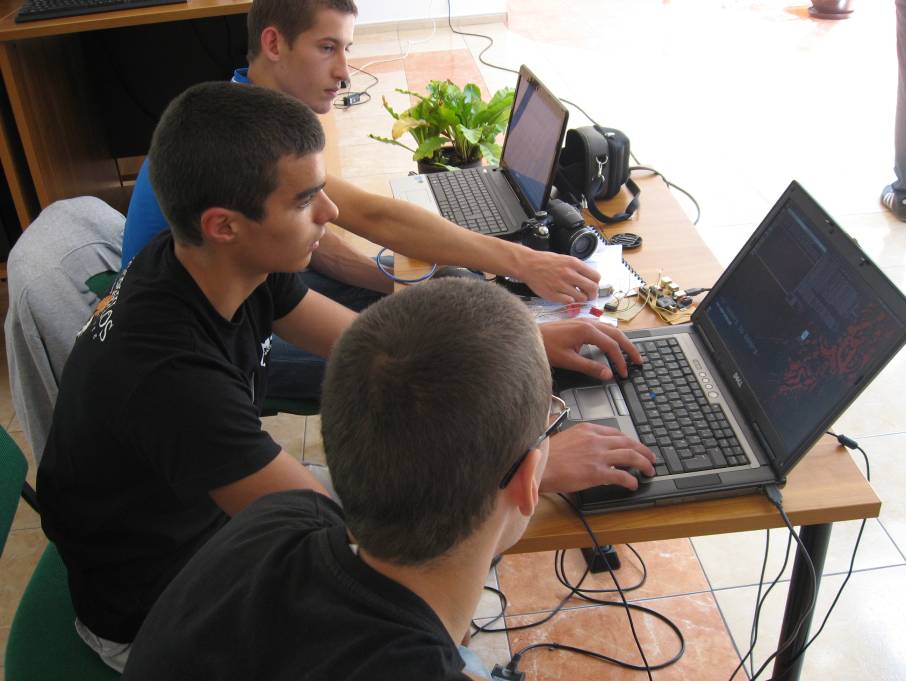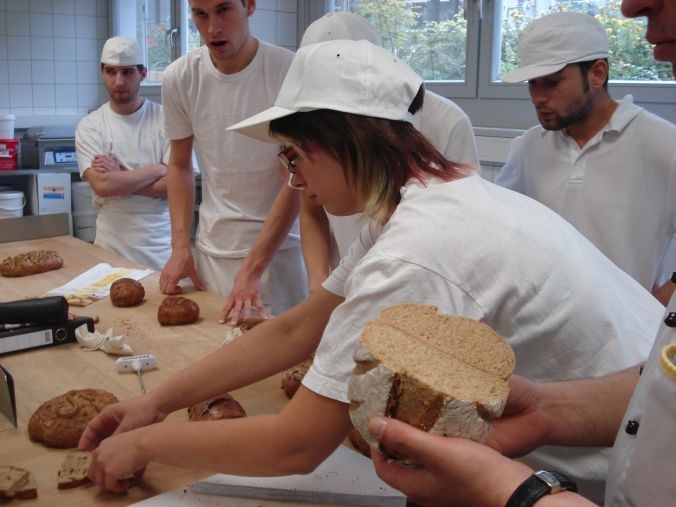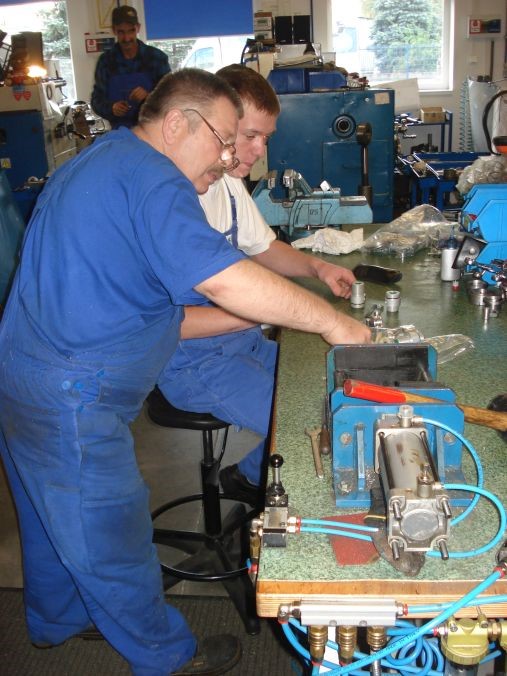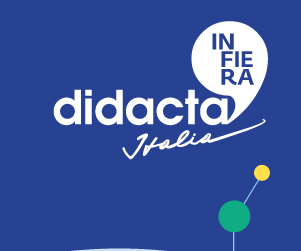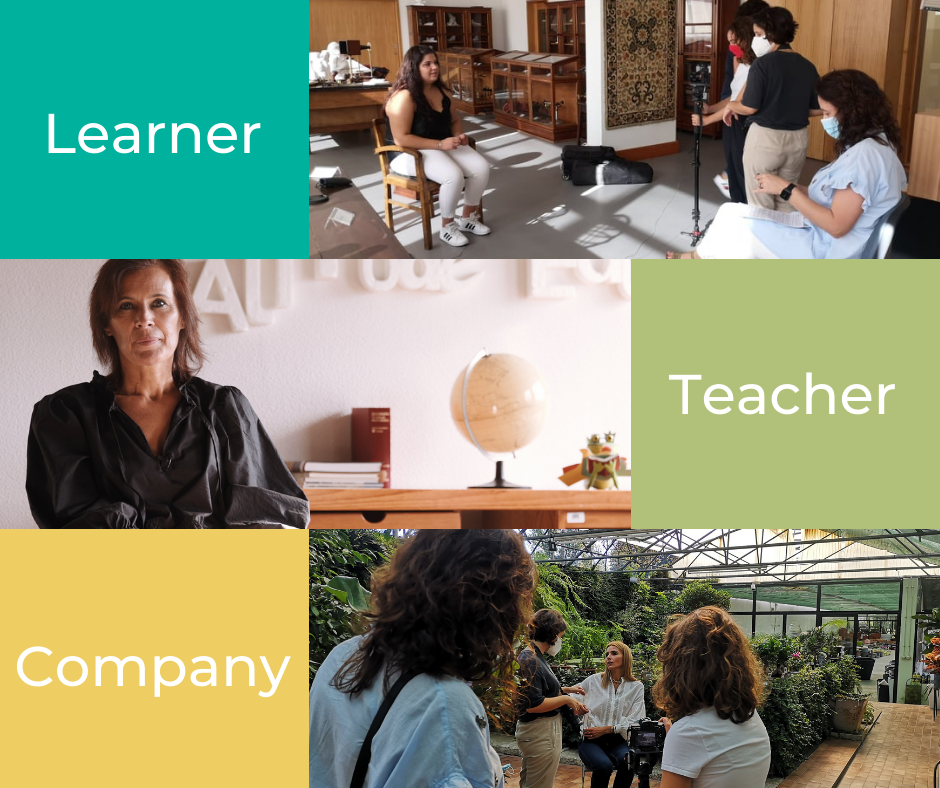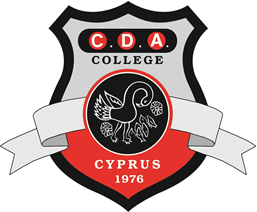The European Association of Quality Organizations in Mobility (EAQOM) is a not-for-profit standards setting association open to organizations engaged in mobilities and stakeholders interested in developing and extending quality standards for mobilities.
Mission of EAQOM
EAQOM has been established to define and promote responsible organizational, logistical and evaluation practices in the planning, execution and follow-up of European mobilities in view of allowing mobile Europeans to benefit from international and intercultural exchanges, experiences, training and learning. The Association’s Code of Practices, to which all members commit to, addresses various quality and responsibility issues in mobilities, including accuracy and comprehensiveness of information, relevance of activities, effectiveness of organization, adequacy of services, staffing and professionalism, value for money and participants’ satisfaction.
Vision of EAQOM
To create a stable and reliable member network, to provide common guidance and to develop standards of mobility implementation in view of advancing high-quality and responsible practices.
Strategic actions
In order to achieve the aforementioned objectives, to create opportunities for knowledge transfer and exchange of good practices and to raise the public awareness about its goals the management of EAQOM has planned the following activities:
- Involvement in Erasmus+ strategic projects – EAQOM team consist of professionals from 5 European organizations from Bulgaria, Italy, Portugal, Germany and Belgium, specialized in the elaboration and implementation of EU funded projects. The Association is actively seeking international cooperation projects related to learning mobilities to take part in. In this way EAQOM will be able to develop its activities, expand its network and bring added value on European level. Also working on international projects would give EAQOM further visibility.
- Organizing Networking Events – In order to present its activities and attract new members the EAQOM team plans to organize and host a series of networking events all around Europe – both virtual and physical (according to the COVID-19 situation in each country). The target group of these events will be intermediary organizations active in providing services and facilitating student and staff mobilities; sending organizations with experience in learners’ or staff mobilities in different fields (school education, VET, higher education, adult education, youth); receiving organizations providing placements or traineeships for student or staff in mobilities – e.g. enterprises, non-governmental organizations, training centers, research centers, etc.; other key stakeholders in mobility, interested in participating in the definition and revision of quality criteria for mobilities – e.g. educational institutions, relevant public bodies at regional and national level, non-governmental organizations active in the areas of non-formal education, skills development, youth, etc. Moreover EAQOM will also organize events as part of the European Vocational Skills Week – an annual event during which local, regional or national organisations showcase the very best of Vocational Education and Training. Organizing events under the European Vocational Skills Week will be a great opportunity for wide dissemination of EAQOM objectives, promoting the European experience in mobility projects, raising the attractiveness of mobility partnerships, reaching out wide audience, establishing contacts, cooperation and an exchange of experience with other organizations in the European Union, promoting cooperation among public and private institutions, consortia, and cooperative societies.
- Establish partnerships – the EAQOM management team developed a strategy, which includes cooperation with organizations that pursue similar aims. Mutual activities, intellectual outputs elaboration and organization of associated events are also planned. By now EAQOM is in contact with the European Association of Institutes for Vocational Training (EVBB) – the European umbrella association of non-profit providers of Vocational Education and Training (VET). Its objective is the qualitative improvement of vocational education and training in Europe and beyond and to increase the efforts designed to promote VET as a first choice. EVBB has more than 65 members coming both from the private and the public sector and covers all fields related to initial, advanced and further education and training.
If you would like to learn more about the activities and upcoming events of EAQOM, please visit: www.eaqom.eu

